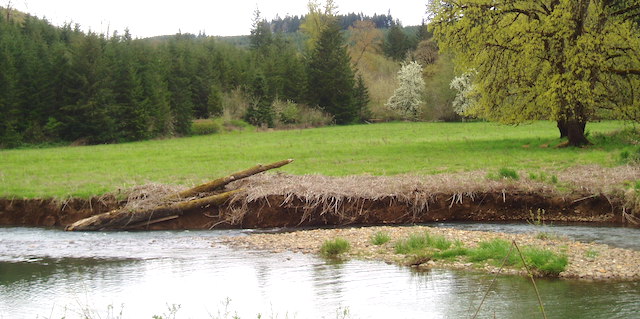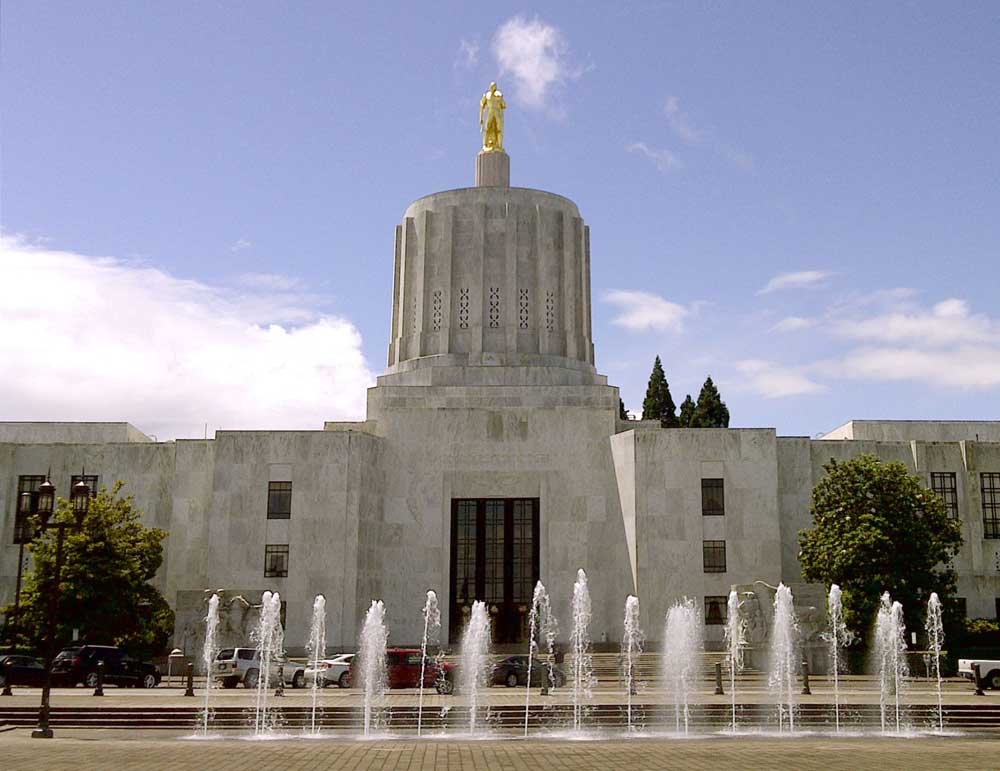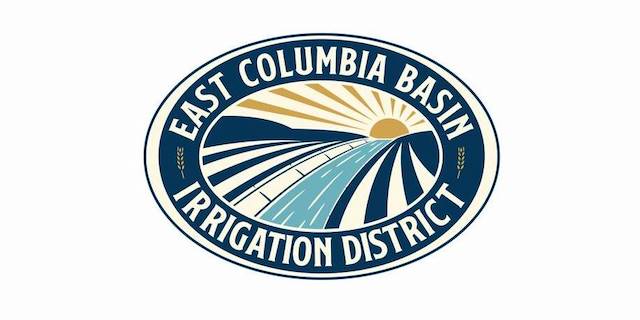Oregon lawmakers shield rural filled lands from state ownership claims
Published 9:13 am Wednesday, May 21, 2025

- A bill passed in the Oregon Legislature protects owners of rural parcels created from material dredged from rivers from having the state claim an ownership stake in the property. (Courtesy Oregon Department of Forestry)
Rural landowners would be off the hook from having Oregon’s government claim ownership of certain riverside properties under a bill recently approved by the Legislature.
However, urban landowners with potentially valuable parcels would still face that possibility for another three years under Senate Bill 165, which has now passed both the House and Senate unanimously.
The bill seeks to clear up longstanding uncertainties over properties that were created when dredged materials were historically deposited along the banks of rivers.
“We have what we hope is a final solution,” said Chris Castelli, deputy director of land management at the Department of State Lands.
Up until the 1960s, creating such filled lands with dredge materials was largely unregulated and the state lacked clear laws about their ownership, according to the agency.
The state government could later lay claim to filled parcels, which in some cases became highly valuable, even when they’d been bought and sold several times by private owners.
“The state could come in at any point in time and claim an ownership interest in that property,” said Dave Hunnicutt, president of the Oregon Property Owners Association.
Due to poor record-keeping, landowners often were unaware their ownership of riverside parcels might be in dispute, Hunnicutt said.
“Nobody really thought about it until you got a notice from the state: ‘Oh, by the way, we think we have a title interest in your property,’” he said.
Legislation passed in 2015 gave DSL a decade to resolve such uncertainties, but they’ve persisted in some cases, even as the deadline approaches at the end of this year.
“Lack of clarity truly is the problem,” said Bill Ryan, DSL’s deputy director of operations, during a legislative hearing on the bill.
Under SB 165, DSL would forfeit its claims to most filled lands in rural areas, whose ownership often isn’t worth disputing for the agency, Castelli said.
“The cost of identifying and claiming often exceeds their value,” he said.
By no longer performing such determinations for filled properties in rural areas, it would dispel clouds on their titles that can hinder sales or refinancing transactions, Castelli said.
“Senate Bill 165 would therefore remove ownership uncertainty for most private landowners,” he said.
On the other hand, the original version of the proposal would have exempted filled lands within city limits from the 2025 deadline, allowing the government to claim ownership of such parcels if they’re zoned for commercial, industrial or marine purposes.
“These lands have the greatest potential value and benefit for the people of Oregon,” Castelli said.
Exempting certain urban parcels from the deadline was opposed by the Oregon Property Owners Association, which thought the issue would be fixed in 10 years when it helped negotiate the earlier legislation.
“This bill would walk that agreement back a little bit,” said Hunnicutt, its president. “A deal is a deal and we all agreed on it.”
The organization was especially perturbed that the original version of SB 165 lacked any time limit, effectively allowing DSL to claim ownership to certain urban parcels “ad infinitum,” he said.
“It creates absolute uncertainty, which we were trying to solve in 2015, for some of the largest and most valuable pieces of property in this state,” Hunnicutt said.
Under an amended version of the bill, which won consensus agreement from the parties involved and has now been approved by the Legislature, DSL has until the end of 2028 to lay claim to filled parcels in city limits within commercial, industrial and marine zones. The bill must still be signed by Gov. Tina Kotek to become law.
Aside from preserving the potential to earn state revenues from the properties, the bill will allow the agency to pursue ownership that preserves public access to rivers, said Castelli.
“It gives us three years to do that work if we need to,” he said.






